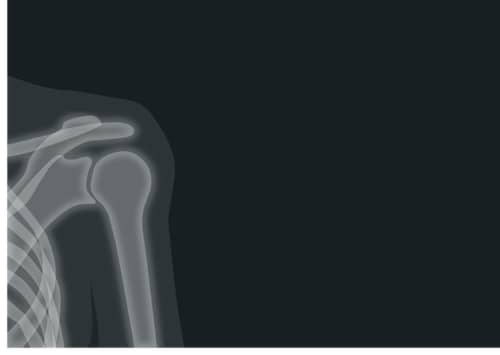Experiencing soreness in the left thigh can be a discomforting feeling. It may cause a dull ache or sharp pain in the muscle, making it difficult to move freely. Sometimes, the soreness may be accompanied by stiffness or swelling, further exacerbating the discomfort. It can be characterized by a throbbing sensation that is exacerbated when the muscle is used or mobilized.
Potential Causes of Soreness in the Left Thigh
If you experience soreness in your left thigh, it may be due to various factors, such as:
- Muscle Strain: Overexerting or injuring your thigh muscles can cause soreness, especially if you engage in activities like running, jumping, or lifting weights. Strains can affect the quadriceps (front of the thigh), hamstrings (back of the thigh), or adductors (inner thigh).
- IT Band Syndrome: The iliotibial (IT) band is a thick band of tissue that runs along the outside of the thigh and attaches to the knee. When it becomes tight or inflamed, it can cause pain and soreness on the lateral side of the thigh or the knee. IT band syndrome is common in runners and cyclists.
- Sciatica: The sciatic nerve is the longest nerve in the body, and it runs from the lower back down to the legs. When this nerve is compressed or irritated, it can cause a sharp, shooting pain that radiates from the buttocks to the thigh and calf. Sciatica can result from a herniated disc, spinal stenosis, or other spine conditions.
- Arthritis: Arthritis is a group of diseases that affect the joints and cause inflammation, pain, and stiffness. Osteoarthritis, for example, can develop in the hip or knee joint and lead to soreness in the surrounding muscles. Rheumatoid arthritis can also affect multiple joints, including those in the thigh.
- Deep Vein Thrombosis: Deep vein thrombosis (DVT) occurs when a blood clot forms in a vein, usually in the leg. DVT can cause swelling, redness, warmth, and soreness in the affected area. If the clot breaks off and travels to the lungs, it can cause a life-threatening condition called pulmonary embolism. DVT risk factors include immobility, surgery, pregnancy, cancer, and certain medications.
Symptoms associated with left thigh soreness to pay attention to
Left thigh soreness is a common issue among people who lead an active lifestyle. While it can often be attributed to muscle strain or overuse, it’s important to pay attention to other potential symptoms that may suggest a more serious underlying problem. Here are some symptoms associated with left thigh soreness to keep an eye on:
- Swelling – If you notice swelling in your left thigh along with soreness, it could be a sign of a more serious injury such as a muscle tear or bone fracture. The swelling may be accompanied by bruising or discoloration in the affected area.
- Limited Mobility – If your left thigh soreness is making it difficult to walk or perform daily activities, it’s worth seeking medical attention. This could be a sign of a more severe injury or condition that requires proper treatment.
- Numbness – If you experience numbness or tingling in your left thigh in addition to soreness, it could be due to nerve damage or irritation. This is particularly concerning if the symptoms persist or worsen over time.
- Redness and Warmth – If your left thigh is sore, swollen, red, and warm to the touch, it could be a sign of an infection. Infections in the soft tissue or bone can cause significant pain and require prompt medical attention.
- Fever – If you have left thigh soreness accompanied by a fever, it could be a sign of a systemic infection that requires immediate medical attention.
If you experience left thigh soreness along with any of the above symptoms, it’s important to seek medical attention to rule out any serious underlying issues. While many cases of left thigh soreness can be treated with rest and home remedies, it’s always better to err on the side of caution when it comes to your health.
General Tips to Cope the Soreness in Your Thigh
If you experience soreness in your left thigh, you may want to rest and apply ice or heat to reduce inflammation. If the pain persists or worsens, you should consult a healthcare provider for a diagnosis and appropriate treatment. Depending on the cause of your thigh soreness, you may need to do stretching, physical therapy, medication, or surgery to relieve your symptoms and improve your mobility.
About the Author
Reyus Mammadli is the author of this health blog since 2008. With a background in medical and biotechnical devices, he has over 15 years of experience working with medical literature and expert guidelines from WHO, CDC, Mayo Clinic, and others. His goal is to present clear, accurate health information for everyday readers — not as a substitute for medical advice.







